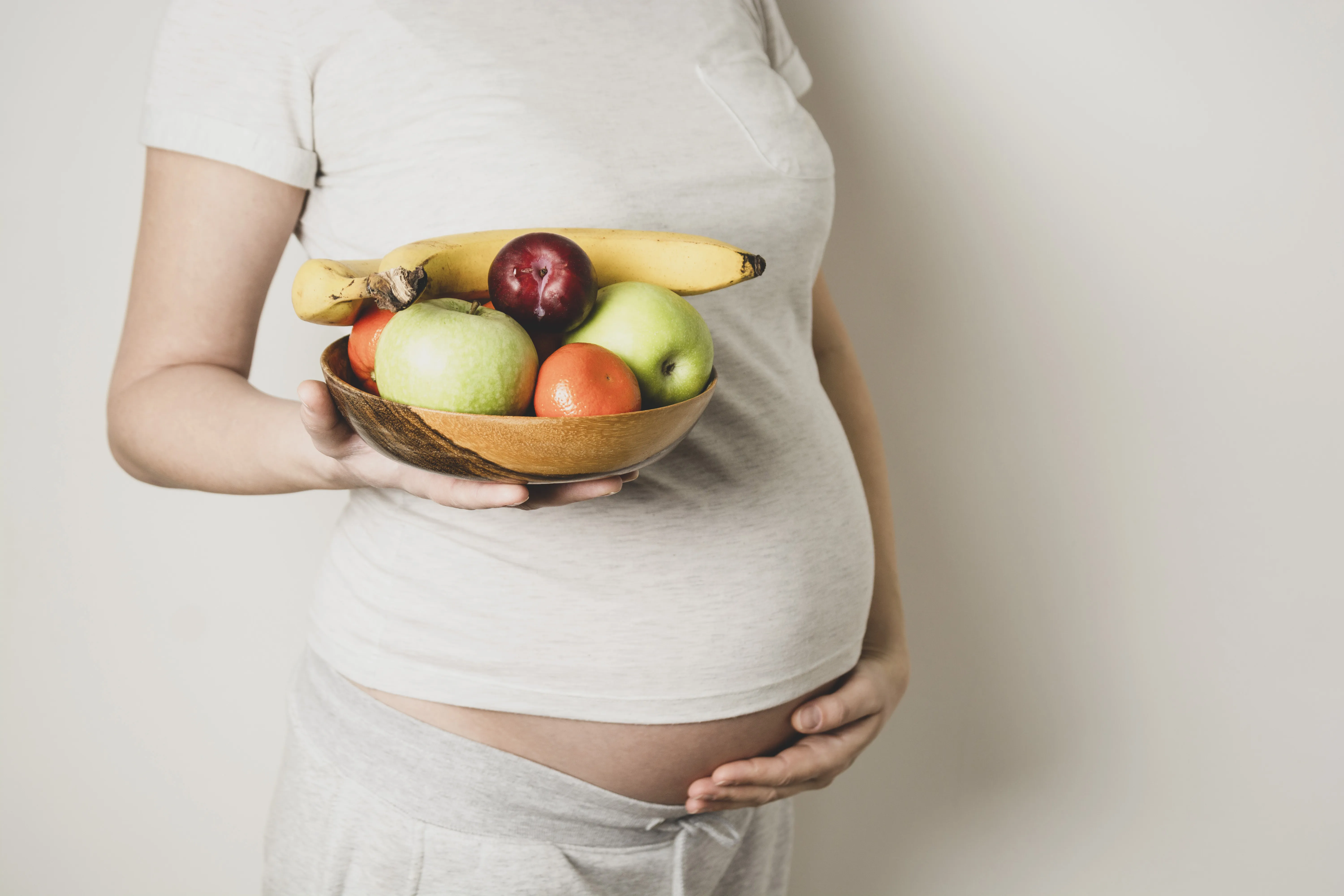
Health Eating During Pregnancy
Healthy Eating During Pregnancy
If you plan a pregnancy, a healthy lifestyle will help your body prepare for the pregnancy and give your baby a good start.
During pregnancy, you need extra energy and nutrients. While you can disregard the old myth that you need to “eat for two”, you will need to eat regular meals with various foods.
Making smart food choices can help you have a healthy pregnancy.
What to Eat While Pregnant?
Eating healthier means changing the amounts of different foods you eat to vary your diet.
Eat vegetables, fruits, whole grains and protein foods. Consume foods and drinks with less added sugars, saturated fats, and salt. Limit refined grains and starches, which are in foods like cookies and white bread.
Pregnancy can ramp up your appetite significantly. Try to include the food you crave as part of your meals, and prepare healthy pregnancy snacks to satisfy your cravings.
Weight Gain in Pregnancy
It is good to start your pregnancy at a healthy weight.
If you are a healthy weight before you become pregnant expect to gain 0.5Kg per week in the second and third trimesters.
If you are overweight, you may need to gain less.
Your doctor, midwife or dietitian, will be able to advise you.
Regular gentle physical activity, such as walking or swimming, will help you gain a healthy weight during pregnancy.
What Nutrients Do I Need in Pregnancy?
It's always best to get vitamins and minerals from the foods you eat, but when that’s not possible, make sure you get everything you need by taking supplements*.
Folic Acid
Folic acid is vital for healthy growth and development in everyone, but it is essential for pregnant women.
According to HSE, you should take a folic acid supplement with 400mg of folic acid per day for the first 12 weeks of your pregnancy. If you have certain medical conditions, you may need to take more.
You should also eat foods high in folic acid. These include green leafy vegetables, fortified breakfast cereals, and milk.
Vitamin C and Iron
Eat foods rich in Vitamin C and iron, or take supplements. Vitamin C supplement helps your body absorb iron.
An adequate intake of iron is essential to support your increased blood volume and reduce the risk of iron-deficiency anaemia and help build up your baby's iron stores to support their learning and growth for the first six months of life.
Tea and coffee contain tannins which could reduce the amount of iron your body absorbs. Avoid drinking them with meals.
Calcium
Calcium has a vital role in developing healthy bones and teeth and extra-cellular fluid, muscle, and other tissues.
During pregnancy, women should be advised to consume three portions of dairy or calcium-fortified alternatives daily. Dairy options include milk, cheese or yoghurt.
Omega 3
You should take one to two portions of oily fish a week, such as salmon, mackerel, herring, trout or sardines. Other sources of Omega 3 include linseed, rapeseed oil, and walnuts. You may need an Omega 3 supplement if you are vegetarian or vegan or do not like oily fish.
Vitamin D
People living in Ireland often have low vitamin D levels.
Vitamin D is the “sunshine vitamin” so you can either get it directly from the sun or oily fish such as salmon and mackerel. Eggs contain small amounts of vitamin D. Many foods such as milk now have vitamin D added to them.
If you're not getting enough vitamin D, you should take a supplement.
You might need other vitamins and minerals during your pregnancy, so it’s best to consult with our Pharmacists first.
Foods to Avoid or Limit During Pregnancy
You should avoid some foods during pregnancy because they could cause illness that could affect you or your unborn baby.
- Raw or lightly-cooked eggs
- Unpasteurised milk and dairy products, including soft, mould-ripened cheese
- Raw or undercooked meat, poultry, fish and shellfish
- Excess vitamin A and liver
- Alcohol
- Caffeine
- Limit Tuna to 2 drained cans (140g weight per week)
- Blue cheeses
The best approach to a healthy and balanced diet is to ensure you eat vitamin-packed fresh foods and to include various supplements in the recommended amounts, when needed, to help your baby get the best start in life.
Always check with our Pharmacists before taking any medication or supplements when pregnant or trying to conceive.
Source: HSE.ie (Nutrition During Pregnancy PDF)
Cork University Hospital Healthy Eating for Pregnancy (PDF)
Irish Health.com(Healthy Eating for Pregnancy PDF)




